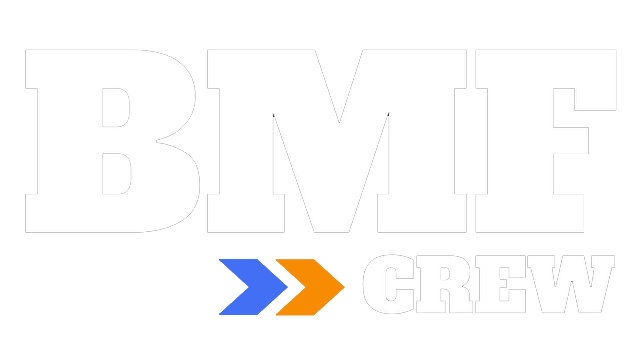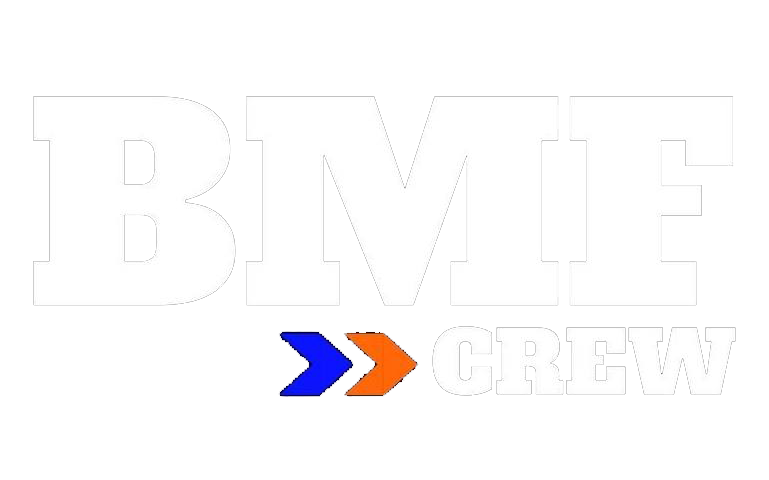fuel up to peform
Fueling Your Marathon Training Journey: Tips and Strategies
As race day approaches, it's crucial to have a solid race plan in place, including pacing and fueling strategies. In this email, I'll share some general suggestions to help you fuel your marathon training effectively and optimize your performance on race day. Let's dive in!
Pre-Run Fueling:
Carbohydrate Loading: Aim to consume a balanced meal rich in carbohydrates, moderate in protein, and low in fat about 2-3 hours before your long runs or races. Carbohydrates serve as your body's primary source of fuel during endurance exercise and help top up your glycogen stores for optimal energy levels.
For early risers, quick and easily digestible carbohydrates like a banana on whole grain toast with honey can provide the necessary fuel to kickstart your run.
Hydration: Hydration is crucial for optimal performance and endurance. Be sure to hydrate well in advance of your run, aiming for about 500ml to 750ml of fluids 1-2 hours before you start, and an additional 250ml 10-20 minutes before you hit the road.
Snack Smart: If you're short on time or running in the morning, opt for a small, easily digestible snack like a banana with nut butter or a granola bar about 30-60 minutes before your run to provide quick energy.
During-Run Fueling:
Hydration: Stay hydrated by sipping on water or a sports drink regularly, especially during longer training runs or races. Aim to consume about 150-250ml of fluid every 15-20 minutes to replace lost fluids and electrolytes.
Carbohydrate Replacement: For runs lasting longer than 60-90 minutes, replenish your glycogen stores with energy gels, chews, or sports drinks to maintain energy levels. Experiment with different options during your training runs to find what works best for you.
Electrolyte Balance: Choose sports drinks or electrolyte tabs to help replace lost electrolytes and prevent dehydration and muscle cramping during your runs.
Post-Run Recovery:
Refuel with Protein and Carbs: Kickstart your recovery with a snack or meal containing carbohydrates and protein within 30-60 minutes of finishing your run to replenish glycogen stores and repair muscle tissue.
Rehydrate: Drink at least 1L of water or a sports drink for every pound of body weight lost during your run to rehydrate and replace lost fluids and electrolytes.
Rest and Recharge: Incorporate rest days, active recovery activities, and plenty of sleep into your training schedule to allow your muscles to recover and rebuild stronger.
By prioritising proper fueling before, during, and after your runs, you'll set yourself up for success on race day and beyond. Experiment with different fueling strategies during your training runs to find what works best for you, and don't hesitate to seek guidance from me.
If you're looking to dial in your nutrition pre-race, you can book a session with me here.
Happy running, and here's to fueling your marathon training journey for success!

